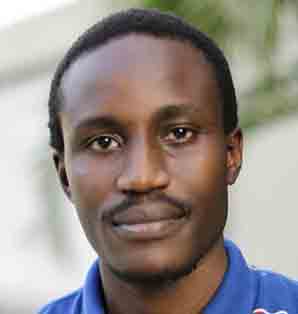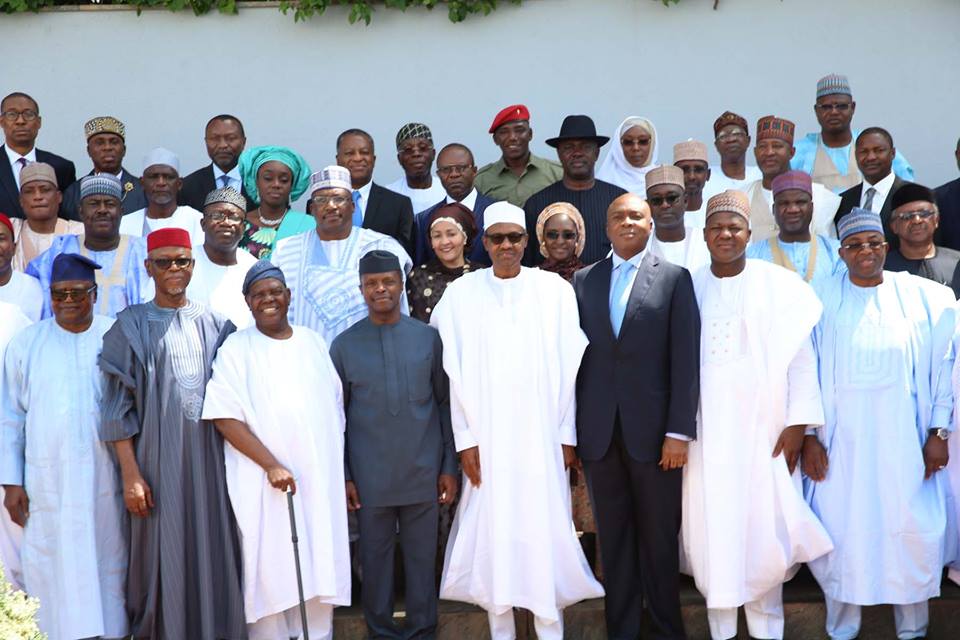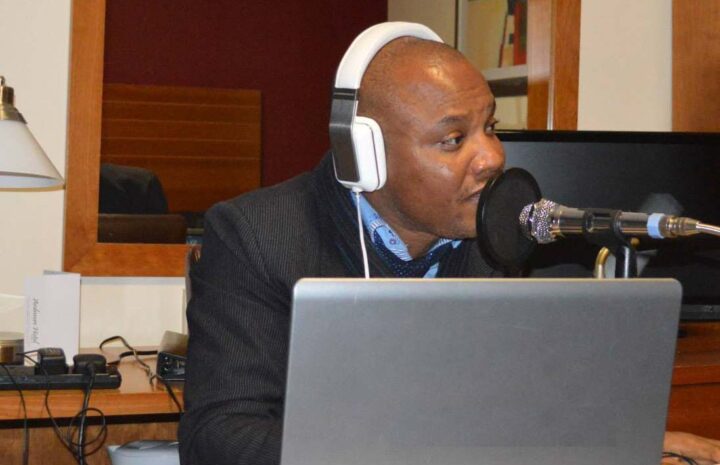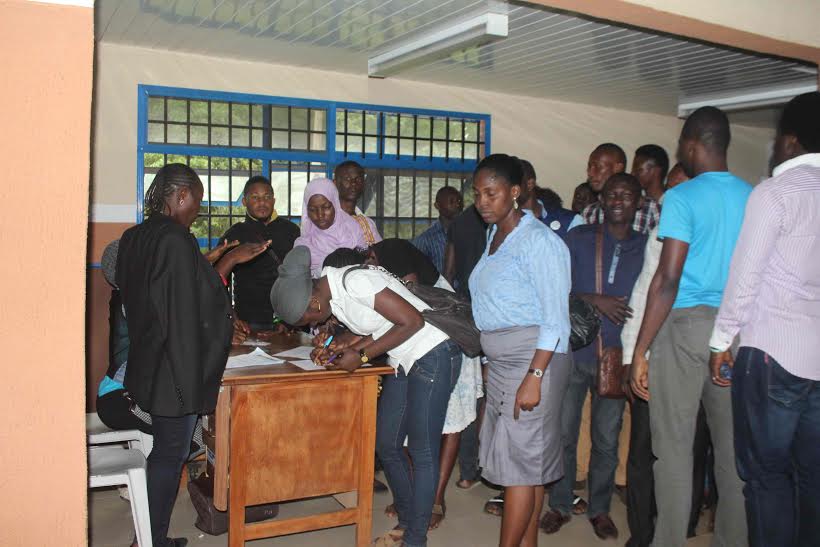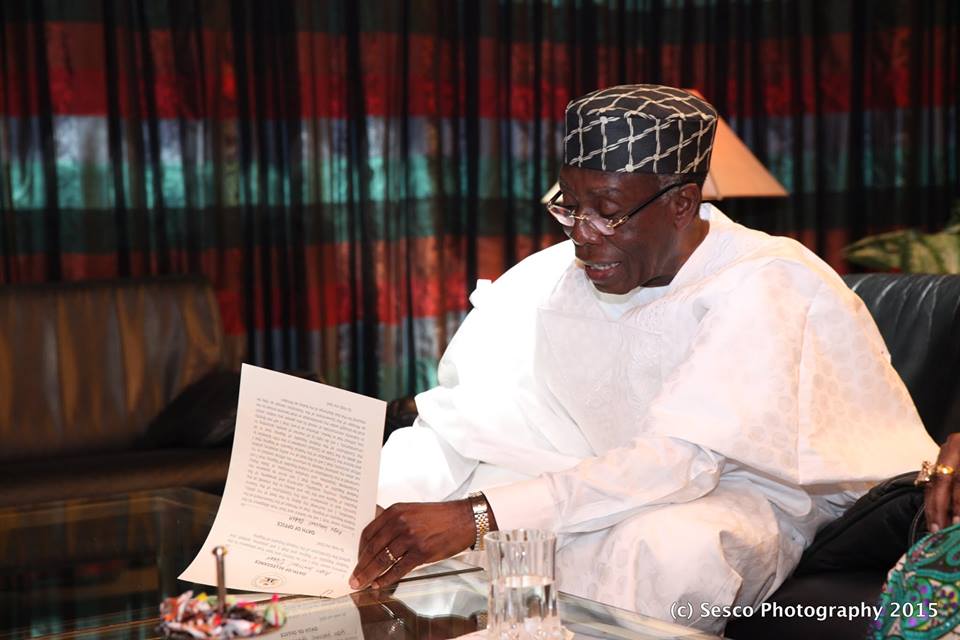It’s Innovation season, apparently. Last week’s column was about the Grand Challenges Summit hosted by a coalition fronted by the Bill and Melinda Gates Foundation in Beijing, China, in September, and focusing on innovating to solve global development problems. And then a week ago in Johannesburg, South Africa, Bloomberg Philanthropies, the non-profit arm of Michael Bloomberg’s multibillion-dollar financial data and information venture, hosted the inaugural edition of the Africa Business Media Innovators Forum.
The Forum brought together journalists, editors, media owners, communications and technology professionals, businesspersons, and civil society people, to talk about the future of financial journalism in Africa. It was really more about asking tough questions than trying to nail down easy answers – it became quickly clear to participants that there are no easy answers in an age in which ‘disruptions’ are the new stability. How does one efficiently and sustainably (read ‘profitably’, or, at worst, ‘without loss’) deliver business and financial news reporting in a world defined by (as Justin Smith, Bloomberg Media CEO put it) the “revolutions” of “social” and “mobile”? [Consider these numbers, as an example: WhatsApp now has 900 million active users; 500 million people daily watch videos on Facebook; numbers that traditional mass information mediums of the pre-Internet age could only wildly dream about].
The focus on innovation in the last two columns has (as always) left me thinking about the place of Innovation in this our giant-of-Africa country. Near the top of my concerns, as I wrote last week, is the place of private capital and philanthropy in paying the bills for the promotion of innovative thinking and action. Developing new ideas and models and products requires plenty of money – which is why the most innovative companies and countries in the world tend to be the ones that spend the most on research. While it’s great to have the Bill and Melinda Gates Foundation and the Bloomberg Philanthropies investing millions of dollars in initiatives meant to seed technological and business-model innovation in Africa, our own wealthy class should also be challenged to look inwards, to ask how they could be putting their own monies to beneficial national use.
This isn’t to say nothing is currently happening in the locally-driven philanthropic space. The Nigeria Liquefied Natural Gas (NLNG) Limited is one organisation worth mentioning. It is at the moment investing 1.5 billion naira in building engineering laboratories in six Nigerian Universities. And through its $100,000 annual Nigeria Prize for Science, it has in the last decade sought to highlight ground-breaking scientific research. To my dismay I read recently that the Science Prize has been suspended for now. I know that it struggled, throughout its life, with getting enough reputable submissions. Which is such a shame, that in a country that boasts hundreds of Universities, there would be a scarcity of award-deserving scientific innovation.
Advertisement
The Tony Elumelu Foundation has also made some forays into the innovation ‘ecosystem’ by providing ‘seed’ grants to the Co-Creation Hub in Lagos to support the development of technology-based solutions to Nigeria-specific social and business challenges. And, a few years ago, Mr. Fola Adeola’s FATE Foundation launched an ‘Institute for Venture Design’ (IVD) in Abeokuta, to serve as an incubator for young entrepreneurs seeking to develop innovative ideas into viable business ventures. The IVD had lofty goals, but has since, like the NLNG Science Prize, been suspended, in part because of funding problems.
As Nigerians we talk and write a lot about the lessons we can learn from the US, China, India, Singapore, Brazil, but not so much about the lessons available to be learnt from much closer home: Ghana (until its recent economic woes), Kenya and Rwanda. The latter two, especially, when it comes to innovation in Information and Communications technologies. It is impossible to overemphasise the role of government in creating the right conditions for innovation to thrive. Kenya is planning to build a 5,000 acre ‘Technology City’ sixty kilometers outside Nairobi (think Sagamu or Ijebu-Ode to Lagos). It’s a long-term plan, one of the linchpins of Kenya’s Vision 2030 initiative, developed in 2008 by the Mwai Kibaki government, and which the succeeding Kenyatta government has since committed itself to implementing. President Kenyatta has spoken often about his vision for making Kenya a continental technology innovation hub.
It’s therefore not very surprising that when IBM wanted to open its first Global Research Laboratory in Africa (and 12th in the world), it settled for Nairobi. The traffic and crime in that city might rival Lagos’ (it’s not for nothing that locals sometimes refer to it as ‘Nairobbery’), but the electricity is far more reliable, and it is better served by air transport connections (I think we can put this down to its being the hub of Kenya Airways). And, also importantly, there’s a government that’s saying and appearing to be doing the right things. (Interestingly the IBM Kenya Lab is headed by a Nigerian, Usamuyimen “Uyi” Stewart, holder of an IBM ‘Distinguished Engineer’ title, and a 1987 First Class Honours graduate of the University of Benin).
Advertisement
Last week I mentioned the Alliance for Accelerating Excellence in Science in Africa (AESA), the product, in April this year, of a new collaborative effort between the African Academy of Sciences (AAS) and the New Partnership for African Development (NEPAD), with funding from the Bill and Melinda Gates Foundation, the Wellcome Trust, and the UK’s Department for International Development. It is perhaps not by coincidence that both the AAS and AESA are based in Nairobi. There’s clearly something Kenya is getting right that we should be paying attention to. And we don’t have that many excuses for lagging behind in attractiveness; Kenya is dealing with challenges very similar to ours: high levels of government corruption, and a terrorism crisis, among others.
One way out for Nigeria would be focusing more intensely on the potential for building connections and collaborations within and outside the country. I can already easily think of a number of scenarios. One example is a partnership between the Institute of Venture Design and the Nigeria LNG Limited. One party has got a great idea but limited funding, the other has deep pockets but is facing challenges finding productive ways of applying those resources. Both share an important goal: the advancement of a culture of research and innovation. We can envision similar collaborations involving other players: deep-pocketed local philanthropic platforms like Dangote, TY Danjuma and Tony Elumelu Foundations, visionary state governments, and visionary Universities and research centers.
And then the collaboration of all collaborations – the one that would be the hardest to pull off, but, if successful, would deliver the most impressive of results – a coming-together of the most important aspects of policy-making touching on science and technology innovation in Nigeria. Here’s what I mean. I think Nigeria requires, apart from the much-talked-about ‘Economic Management Team’, an ‘Innovation Management Team’, with direct access to and backing from the Office of the President or the Vice President.
This ‘IMT’ would ideally comprise the Ministers of Science and Technology, Education (to ensure that funds budgeted for University and Polytechnic research are indeed applied to research); Communications (considering the critical role of the Internet and Mobile Phones in the innovation narratives of the 21st century); Industry, Trade and Investment (within whose ambit I believe lies the registration and administration of trademarks and patents – foundational requirements for an innovation economy to thrive); and Budget and National Planning (to ensure that we’re making room for a culture of innovation in planning for the future).
Advertisement
This ‘IMT’ would need to focus on concrete deliverables, and not merely the creation of brilliant ‘masterplans’. (I’m willing to wager that no one does finer planning documents than Nigeria). It really doesn’t matter how eloquent our Vision 2010 or 2020 documents are, or our National Broadband Policy, at the end of the day we will sink or swim on the basis of the answer to this question: When researchers/innovators/entrepreneurs/investors look at Nigeria, do they see a country in which their dreams can come to pass? When IBM decides to open its next African Research Lab, will it choose Lagos over Accra or Cairo? It’s really that simple.
Follow me on Twitter: @toluogunlesi
Views expressed by contributors are strictly personal and not of TheCable.
Add a comment
